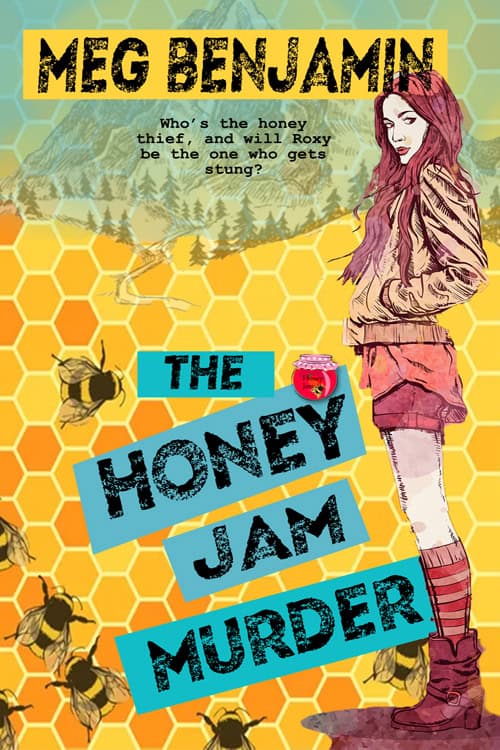Writing Revenge
 This isn’t a post about Nora Ephron. I’m going to write one, honest, as soon as I can process all my feelings about her but I haven’t done that yet. However, Ephron was the author of one of the great revenge books of our time—Heartburn. In case you’re not familiar with the book, it’s a thinly fictionalized version of the break-up of her marriage to Carl Bernstein, the journalist. In a nutshell, Bernstein cheated on her while she was pregnant and then was found out in a very public way when his mistress’s husband outed them both in the gossip columns. Up until that time, Ephron had specialized in nonfiction, particularly in acerbic essays about modern life. But she chose to write this particular experience as a roman à clef, perhaps because it was too painful to write about it otherwise.
This isn’t a post about Nora Ephron. I’m going to write one, honest, as soon as I can process all my feelings about her but I haven’t done that yet. However, Ephron was the author of one of the great revenge books of our time—Heartburn. In case you’re not familiar with the book, it’s a thinly fictionalized version of the break-up of her marriage to Carl Bernstein, the journalist. In a nutshell, Bernstein cheated on her while she was pregnant and then was found out in a very public way when his mistress’s husband outed them both in the gossip columns. Up until that time, Ephron had specialized in nonfiction, particularly in acerbic essays about modern life. But she chose to write this particular experience as a roman à clef, perhaps because it was too painful to write about it otherwise.
What I mainly remember about Heartburn (other than a couple of terrific recipes) was Roger Ebert’s review of the subsequent movie in which he excoriated Ephron for writing the book in the first place since it would expose her children to the sordid details of her breakup. Ebert didn’t seem particularly upset with Bernstein’s original actions, mind you, but he did mind Ephron talking about them in public, especially because Ephron’s acerbic prose pretty much skewered Bernstein in perpetuity.
The idea of seeking revenge through writing is a fairly long-standing one, however, and not just limited to cheating husbands. Erica Jong revenged herself on Julia Phillips in her accounts of her misadventures in trying to see her book Fear Of Flying made into a film in her follow-up novel How To Save Your Own Life. Jong painted Phillips as a drug-addled harpy who ruined everything she touched—she “disguised” Phillips under a pseudonym, but anyone who’d followed Jong’s experiences in Hollywood knew who she was talking about. Unfortunately for Jong, Phillips (who died in 2002) was still around and newly sober when Jong’s revenge was published, and she was writing her own autobiography You’ll Never Eat Lunch In This Town Again. She had no qualms about presenting her version of the Jong debacle, using very real names this time. Jong did not come off well.
Other authors have presented thinly veiled pictures of old friends and enemies, using fiction to accomplish the kind of skewering that real life denied them. Lauren Weisberger filleted her former boss, Anna Wintour, in The Devil Wears Prada. Carrie Fisher gave less than flattering portraits of her mother in Postcards From the Edge and her ex-husband in The Best Awful before switching to true nonfiction to describe the same experiences in Wishful Drinking. In Fisher’s case, the needling with mitigated by the fact that, like Phillips, she was equally hard on herself.
The bottom line here is that screwing with writers is never a good idea. Unlike non-writing civilians, they screw back. The best illustration of this maxim I know comes from Bobbie Louise Hawkins’ poem “Vicious Valentine” (from My Own Alphabet):
Here I sit all broken-hearted
Loved a twit but now we’ve parted
The present’s grim the future’s brighter
He shouldn’t have done it to a writer.
Posted in Blog • Tags: On Reading, On Writing | Be The First To Reply!








